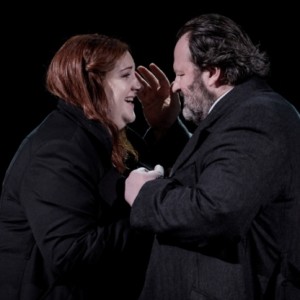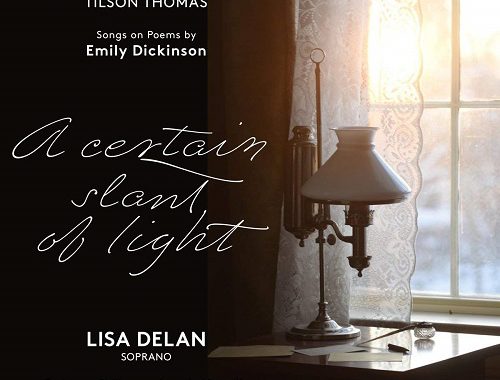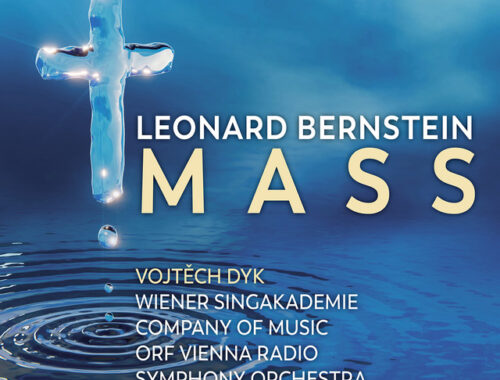The Force of Destiny, London Coliseum
 Whenever the name Calixto Bieito is mentioned it’s invariably to mention ‘the toilets’ – not the reasons for them, just the fact that they were there at all. That production of Verdi’s A Masked Ball was one of the most theatrical and exciting in English National Opera’s post-powerhouse era. It’s true that Bieito’s passion can be hard to swallow, that he sometimes lets his impulses rule his reason, but at his best – the recent Carmen and this new Force of Destiny – his red-blooded theatricality is breathtaking.
Whenever the name Calixto Bieito is mentioned it’s invariably to mention ‘the toilets’ – not the reasons for them, just the fact that they were there at all. That production of Verdi’s A Masked Ball was one of the most theatrical and exciting in English National Opera’s post-powerhouse era. It’s true that Bieito’s passion can be hard to swallow, that he sometimes lets his impulses rule his reason, but at his best – the recent Carmen and this new Force of Destiny – his red-blooded theatricality is breathtaking.
Just the opening image of this Force of Destiny – a vast open stage shrouded in the haze of strife and/or faded memories, a back-lit Leonora looking like some religious icon and moving slowly towards us until we can make out a dining table, a home, and soon a disapproving father (a military man, of course), a lover, an accidental death, a bungled elopement. And so Verdi’s curious (and patchy) tome on the morality of church and state, on love and war, begins.
And typically Bieito doesn’t fudge his response to either. The Church is as palpable as the State – piety comes at a price every bit as high as that of civil strife. Leonora wants absolution for the death of her father, solitude in which to salve her guilt. What she gets is physical abuse and a crown of (thorns) barbed wire all played out to the seraphic sound of a solo violin in one of Verdi’s most supplicating melodies. His jolly rabble-rousing chorus “Rataplan” brings cruel summary executions. Literature is shredded, victims starved into submission. Bieito references the Spanish Civil War – obviously – but everything about his moral stance chimes with countless other conflicts, before and since. Hopeful it is not.
The staging – played out in cold, dramatic, white light (stunning) – is washed over in slo-mo projections caught on the white facades of buildings which tilt and shift and become the very ground in which their foundations are sunk. Everything, but everything, is unstable.
For the second time in his first season at ENO’s new Music Director Mark Wigglesworth shows why he was such a terrific appointment. This was Verdi conducting to recall the glory days of the Mark Elder era – as subtle and supple of rhythm and inflection as it was thunderous and impulsive. Gwyn Hughes Jones (Don Alvaro) grows in stature every time I see him. It isn’t just the management and excitement of his singing and the generous heft of his voice but the conviction of this Alvaro to hold fast to his honour.
And the evening brings a must-see UK debut – the Leonora of Tamara Wilson who at this point in time can vocally do just about anything she wants. In Italian she could have a success with this role in any theatre in the world right now. And the singing comes from somewhere. It isn’t just that the highs are big and thrilling and the floated pianissimi ravishing – it has heart and soul. Bieito will have loved that about her and, my goodness it showed.
Last observation: the disembodied sound of “Pace, pace” penetrating the haze of an empty stage as Bieito heartstoppingly returns to the opening image. Nothing changes.
You May Also Like

A Conversation With VASILY PETRENKO: On Shostakovich
02/09/2010
GRAMOPHONE Review: A Certain Slant of Light – Lisa Delan, Marseille Philharmonic Orchestra/Foster
15/08/2018
